Organic reactions take place through the formations of reactive carbon intermediates formed by cleavage of covalent bonds. Formation of these intermediates depends upon the dissociation energies of covalent bonds.
1. Which is not the intermediate formed by cleavage of covalent bonds.
Free radical
Carbocation
Carbonium ion
Carbanion.
The correct Answer is:C
Carbonium ion CH+5 is formed by protonation of an alkane CH4+H+→CH+5.
Topper's Solved these Questions
- BASIC PRINCIPLES OF ORGANIC CHEMISTRYBOOK - DINESH PUBLICATIONCHAPTER - BASIC PRINCIPLES OF ORGANIC CHEMISTRYEXERCISE - REASON ASSERTION TYPE MCQS
12 Videos
- BASIC PRINCIPLES OF ORGANIC CHEMISTRYBOOK - DINESH PUBLICATIONCHAPTER - BASIC PRINCIPLES OF ORGANIC CHEMISTRYEXERCISE - ULTIMATE PREPARATORY PACKAGE
51 Videos
- BASIC PRINCIPLES OF ORGANIC CHEMISTRYBOOK - DINESH PUBLICATIONCHAPTER - BASIC PRINCIPLES OF ORGANIC CHEMISTRYEXERCISE - SELECTED STRAIGHT OBJECTIVE TYPE MCQS
64 Videos
- ALKALI EARTH METALSBOOK - DINESH PUBLICATIONCHAPTER - ALKALI EARTH METALSEXERCISE - Unit test-12
5 Videos
- BIOMOLECULESBOOK - DINESH PUBLICATIONCHAPTER - BIOMOLECULESEXERCISE - MATRIX - MATCH TYPE
8 Videos
Similar Questions
Knowledge Check
Organic reactions take place through the formations of reactive carbon intermediates formed by cleavage of covalent bonds. Formation of these intermediates depends upon the dissociation energies of covalent bonds.
Which is most stable carbocation ?A B
B C
C D
D
Organic reactions take place through the formations of reactive carbon intermediates formed by cleavage of covalent bonds. Formation of these intermediates depends upon the dissociation energies of covalent bonds.
In which cases, free radicals can be formed by homolytic fission ?AR−..N=..N−Rhv−−→B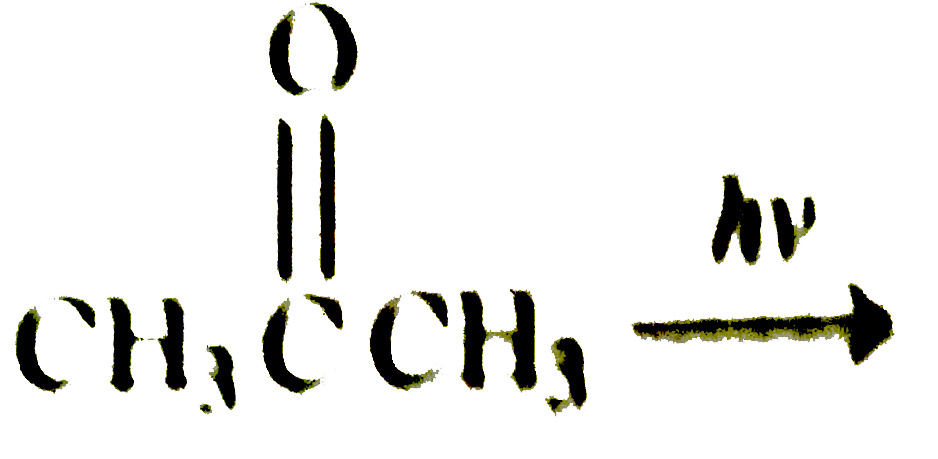 C
C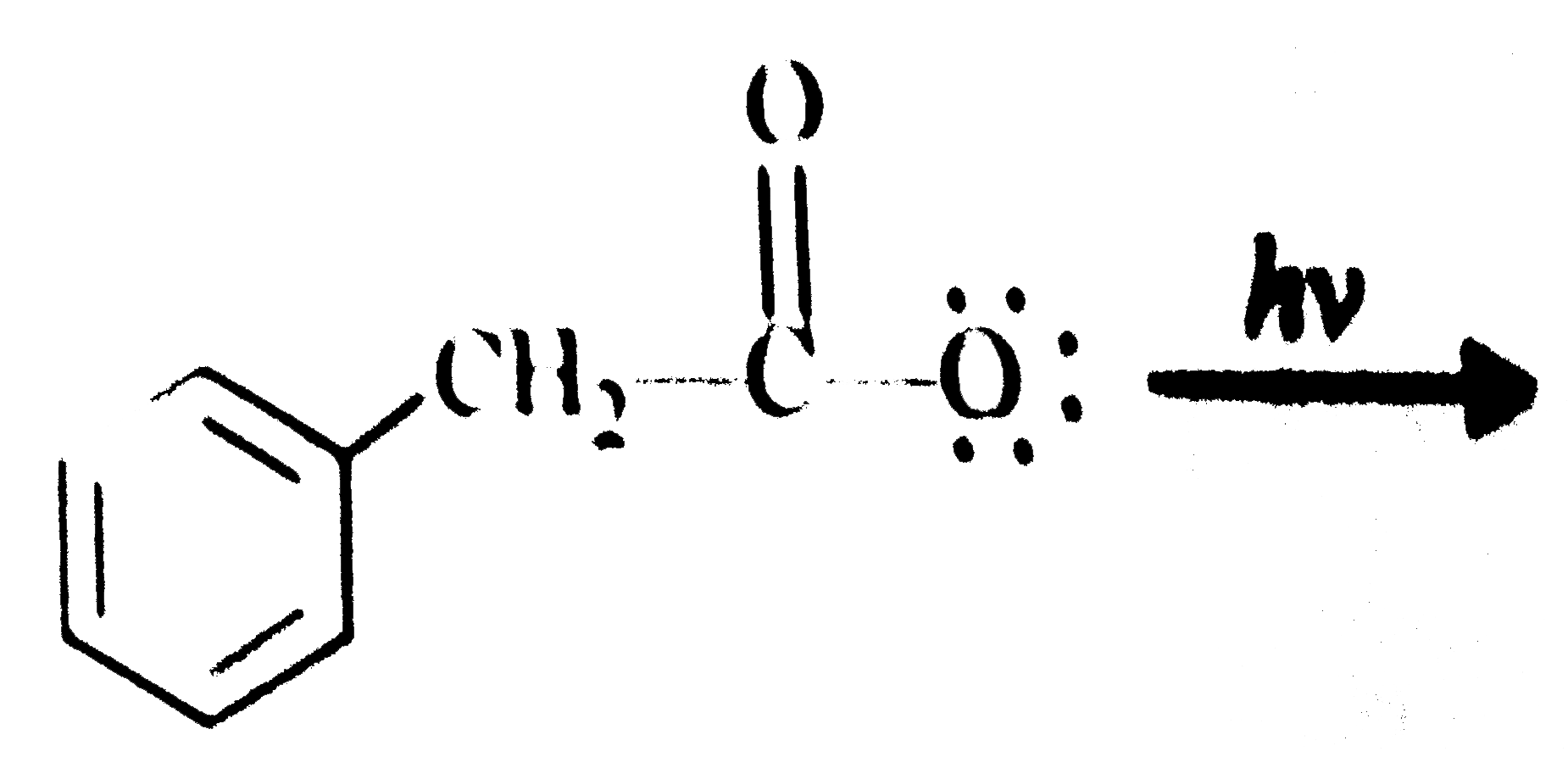 DIn all cases.
DIn all cases.Organic reactions take place through the formations of reactive carbon intermediates formed by cleavage of covalent bonds. Formation of these intermediates depends upon the dissociation energies of covalent bonds.
2. In which cases free energy may decrease, if there can· be some intramolecular rearrangement ?A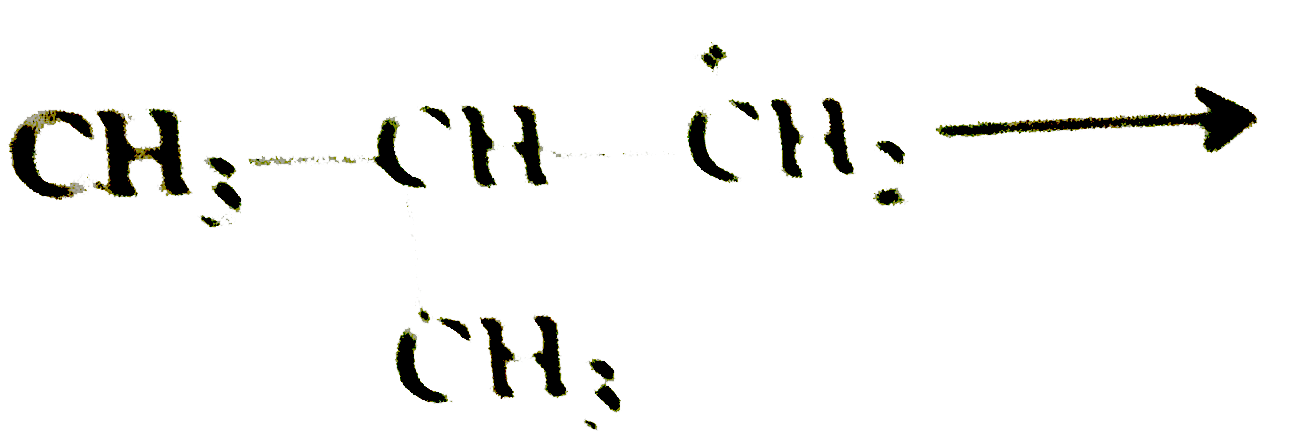 B
B C
C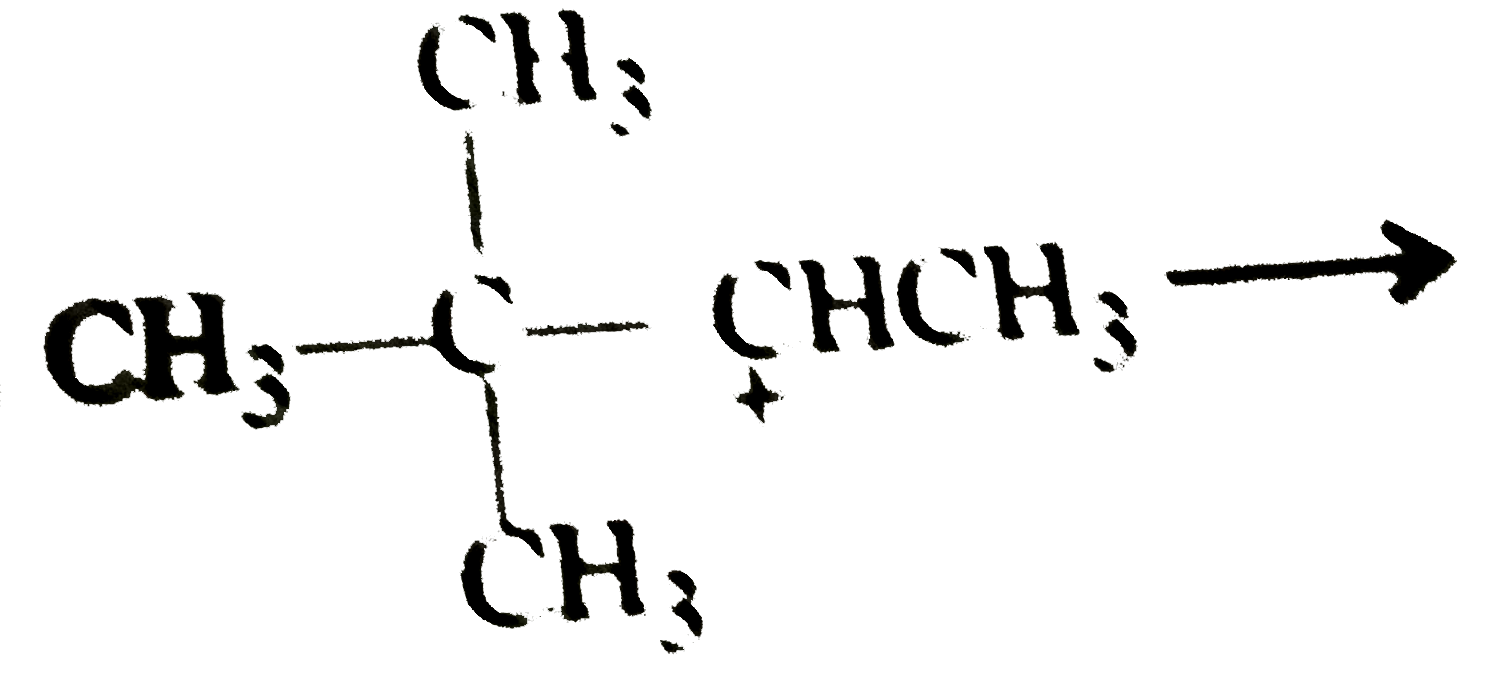 D
D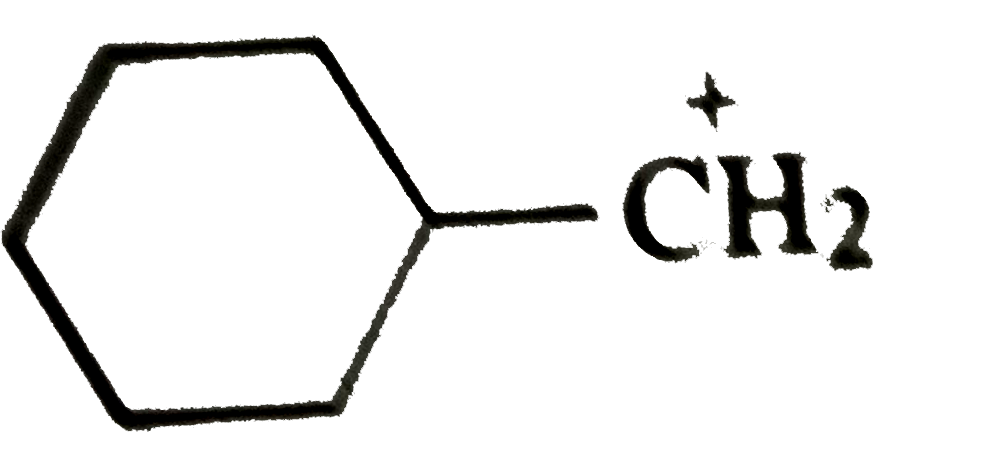
Organic reactions take place through the formations of reactive carbon intermediates formed by cleavage of covalent bonds. Formation of these intermediates depends upon the dissociation energies of covalent bonds.
When a methyl radical is formed from CH3Cl, select the incorrect statement.
View SolutionOrganic reactions take place through the formations of reactive carbon intermediates formed by cleavage of covalent bonds. Formation of these intermediates depends upon the dissociation energies of covalent bonds.
Consider the following transformations

Carbon species formed in A, B and C are respectively
View SolutionOrganic reactions take place through the formations of reactive carbon intermediates formed by cleavage of covalent bonds. Formation of these intermediates depends upon the dissociation energies of covalent bonds.
3. In the following diagram, stability of different radicals have been represented. These can be

Match the potential curve with free radical
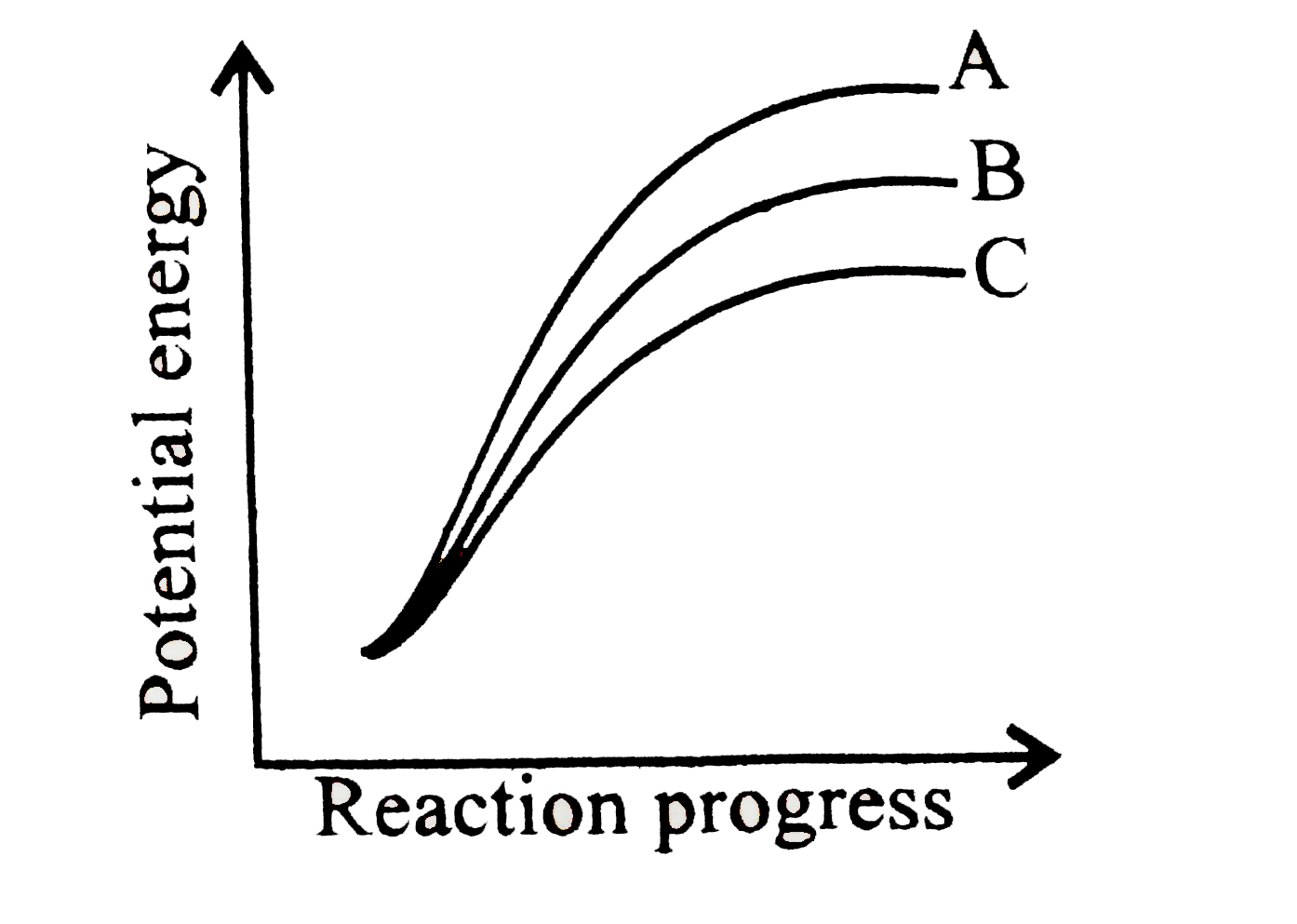
View SolutionWhich is not the intermediate formed by the unsymmetrical fission cleavage of covalent bonds?
View SolutionHeterolytic cleavage of a covalent bond gives only,
View Solution
